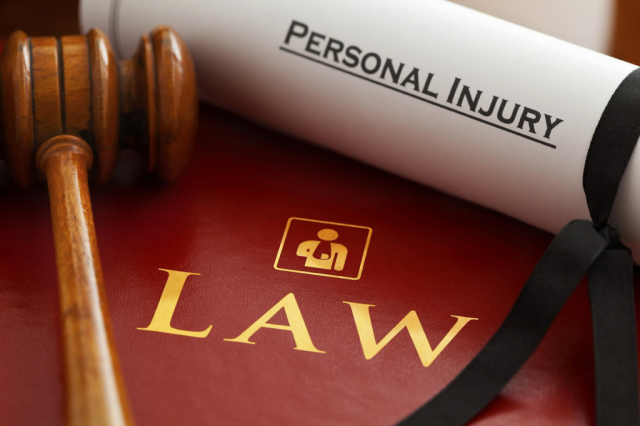The legal system allows the injured party to pursue compensation whenever someone is injured due to another's negligence. The goal is to help restore the injured person to their position before the accident, at least financially.
In personal injury cases, damages are categorized according to the nature of the harm suffered. Before diving into the main types of damages, it's worth noting that navigating a personal injury claim can be complex.
Insurance companies often have teams working to minimize payouts, and legal rules can be confusing. This is why you need a personal injury lawyer. A skilled attorney understands the law and identifies every category of damages you might be entitled to, ensuring you don't leave money on the table.
Let's break down the main damage types in personal injury claims and what each covers.
Compensatory Damages
Compensatory damages are the most common in personal injury cases. They are meant to cover the actual losses the injured person has experienced, both financial and non-financial.
Economic Damages
Economic damages are straightforward to calculate based on actual expenses and losses. They include:
- Medical bills: It covers everything from emergency care to ongoing treatment and rehabilitation.
- Lost wages: If you cannot work due to an injury, you may be entitled to compensation for lost income.
- Property damage: If your car has been damaged in the incident, repair or replacement costs are included.
- Future expenses: If your injuries will require future medical care or affect your ability to earn a living, you can also claim these projected costs.
These damages are supported by documentation like receipts, pay stubs, and medical records.
Non-Economic Damages
A non-economic loss may be less tangible, but it is just as real. They compensate for the ways an injury can change your life that doesn't come with a price tag. Examples include:
- Pain and suffering: This accounts for the physical pain caused by your injuries.
- Emotional distress: Anxiety, depression, or trauma resulting from the incident falls under this category.
- Loss of enjoyment of life: If you no longer enjoy hobbies or activities you once enjoyed, this is considered.
- Loss of consortium: This refers to how your injuries have affected your relationships, such as with a spouse or partner.
Non-economic damages can be more challenging, so having an experienced lawyer can make a significant difference.
Punitive Damages
Punitive damages are not about compensating the injured person but about punishing the wrongdoer and deterring similar behavior in the future. This is applicable only when the defendant acted recklessly, maliciously, or intentionally.
Wrongful Death Damages
In tragic cases where an injury leads to death, the victim's family can pursue wrongful death damages. These compensate for losses like funeral expenses, lost income, and loss of a loved one.
Final Remarks
Personal injury law provides several avenues for compensation, including economic, non-economic, punitive, and sometimes wrongful death damages. Each type addresses the full scope of harm from an accident.
Knowing what you can claim and having the right legal help can make all the difference in your recovery and future.






